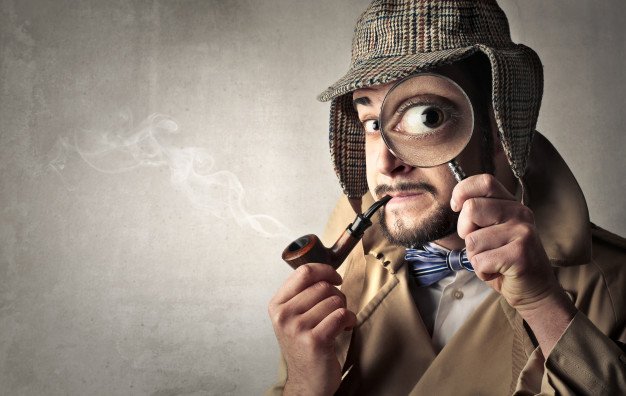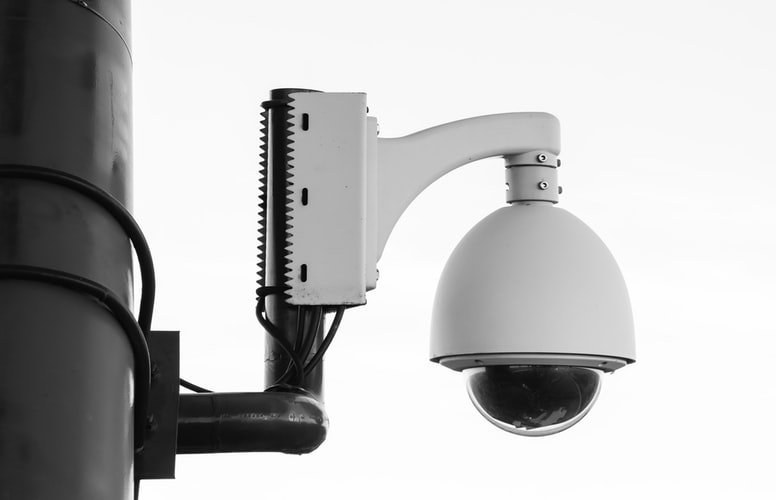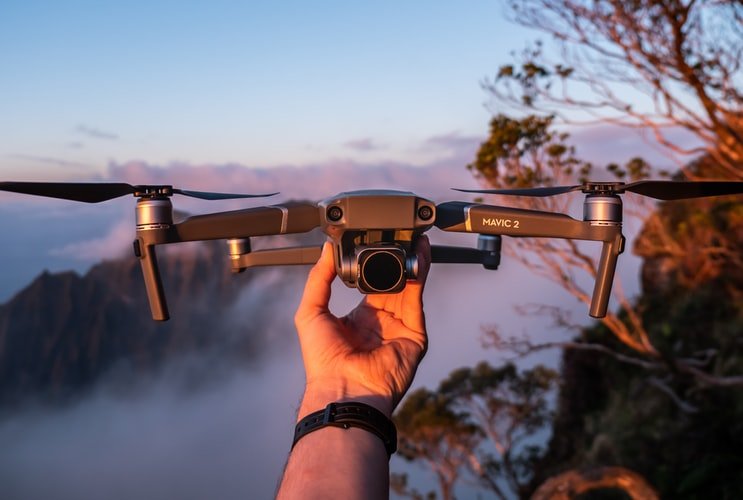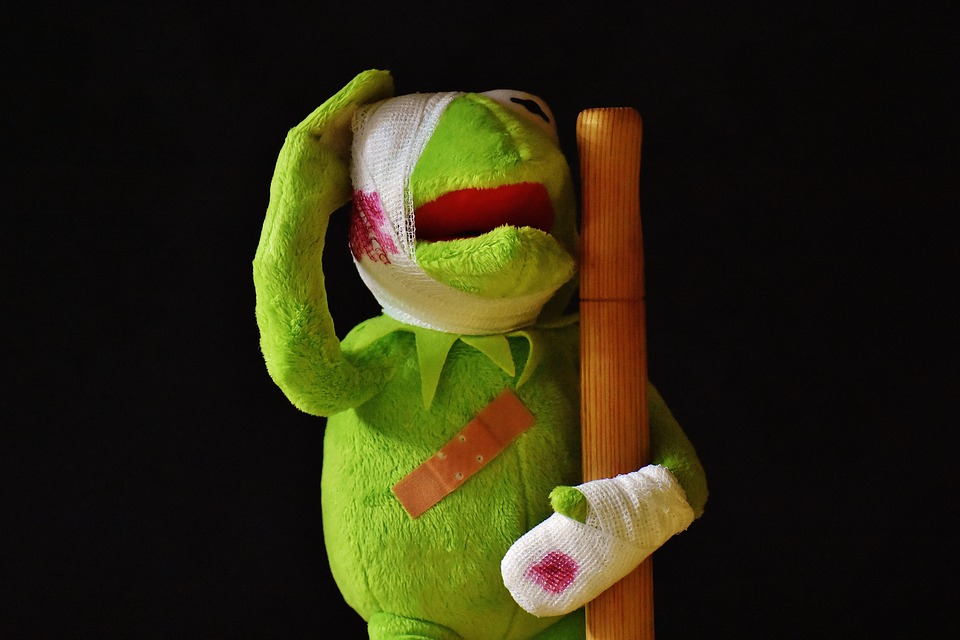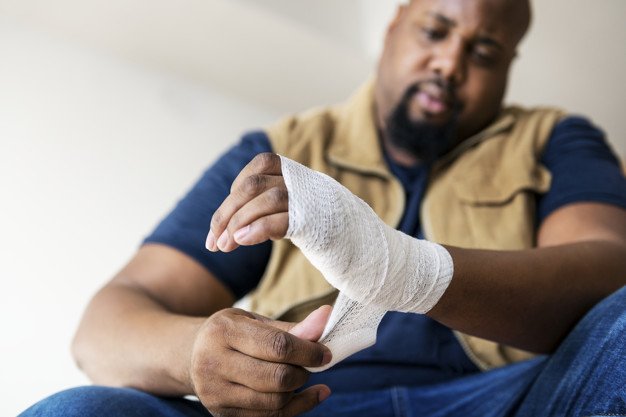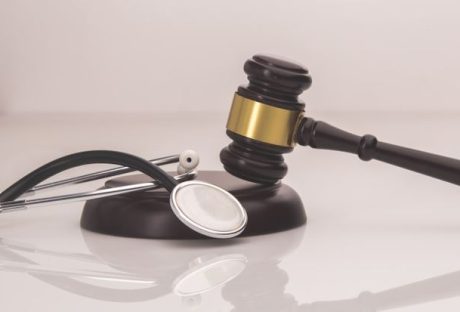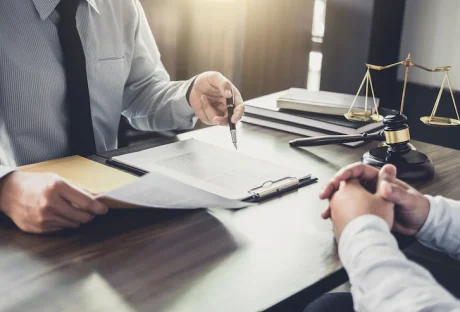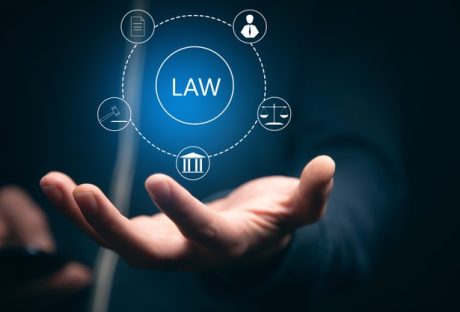Surveillance is the method of closely observing a person, object, or place. This is the art and practice of watching a subject so that the person who does the investigating, often called as a detective or investigator, can document the whereabouts, interactions, and other things about it.
Many people employ surveillance when there are cases of missing people, cheating spouses, vandalism, fraud, worker compensation cases, theft, and criminal investigations.
Here are the Most Common Types of Surveillance
There are a lot of ways that an investigator can carry out the surveillance of a subject. You will find tools such as electronics and technology that can make the job easier. There are also jobs such as physical observations and conducting interviews that can be used during the process.
When it comes to electronic surveillance, this often utilizes devices such as wiretapping, CCTV cameras, television, radios, and others so that the investigator can document the activity. They can monitor their subjects’ email, social media accounts, or even hack their phones for information.
There are also ways, such as physical observation. This involves following the subject anywhere he will go. This often includes stakeouts and disguises so that the individual being investigated will not become suspicious. There are cases when the person of interest is already caught, and the physical observation is done through the jail cell.
Other investigators utilize interviews. They are often conducted to gain as much information as possible about the subject. The people that are interviewed are usually close to the person under investigation. They can be friends, neighbors, family, co-workers, and others.
There are technical ways to watch a subject closely. This can involve photography where most cunning detectives take pictures of what happened during the day or night. Other technology can involve the use of audio recordings and videos. Some examples of these are dashcams used by drivers and surveillance cameras used by the police.
Tactics Used for the Job
Others employ tactics as part of the job. There is covert and overt. The overtones are surveillance cameras often used in convenience stores to prevent customers from stealing. The covert one is an undetected way of trailing a subject from a distance.
There are times when the subject is mobile. This means that he can move freely, and the detectives often follow the person of interest anywhere. This can be done while on foot or riding a vehicle. There are times when the subject is stationary such as in cases of prison cells or when they parked their car the outside of a store and stay there for long periods.
Mechanical investigations often involve the use of camcorders, voice recorders, cameras, videos, and other equipment. Human investigation can be done by checking files, and the source of information came from the team that makes the inquiry. Learn more through instructors with field knowledge about surveillance in sites such as Investive learning. You can get tangible skills and awareness if you are interested in this kind of field by talking to the right people.
Why Do You Need Surveillance?
There are lots of reasons why surveillance is conducted. These reasons can include preventing crime, obtain evidence, document the person’s current location, note the activities of the place where the person is, to get more pieces of information through interrogation, and to obtain other pertinent proof that can be used in court.
Some conduct surveillance with their properties, spouse, or children so that they know their whereabouts and the status of the family. Most people have a sense of security when they know that their husbands or wives are not cheating behind their backs. Others want proof that their money, assets, and properties are safe.
How Does a Surveillance Usually Work?
The investigator will schedule a meeting with the client. They will ask about their expectations, what they want to happen, and the end result of the whole investigation.
The detective may require a background check on the subject. He will note the physical description, phone number, full name, photographs, and other important information about the subject.
The detective will then familiarize themselves with the area where they will be doing the surveillance. Familiarity with the location means that they can do the inspection at any time of the day.
The person investigating can decide on the equipment that they will use, such as tinted windows, cameras, dash cams, videos, and more. They will plan a practical and reasonable explanation in case they are caught.
Most of the investigators will follow the subject, and they keep several things in mind. These things can include never making eye contact or not walking by the house more than ones. Extensive notes are then taken, and the report should be very accurate.













